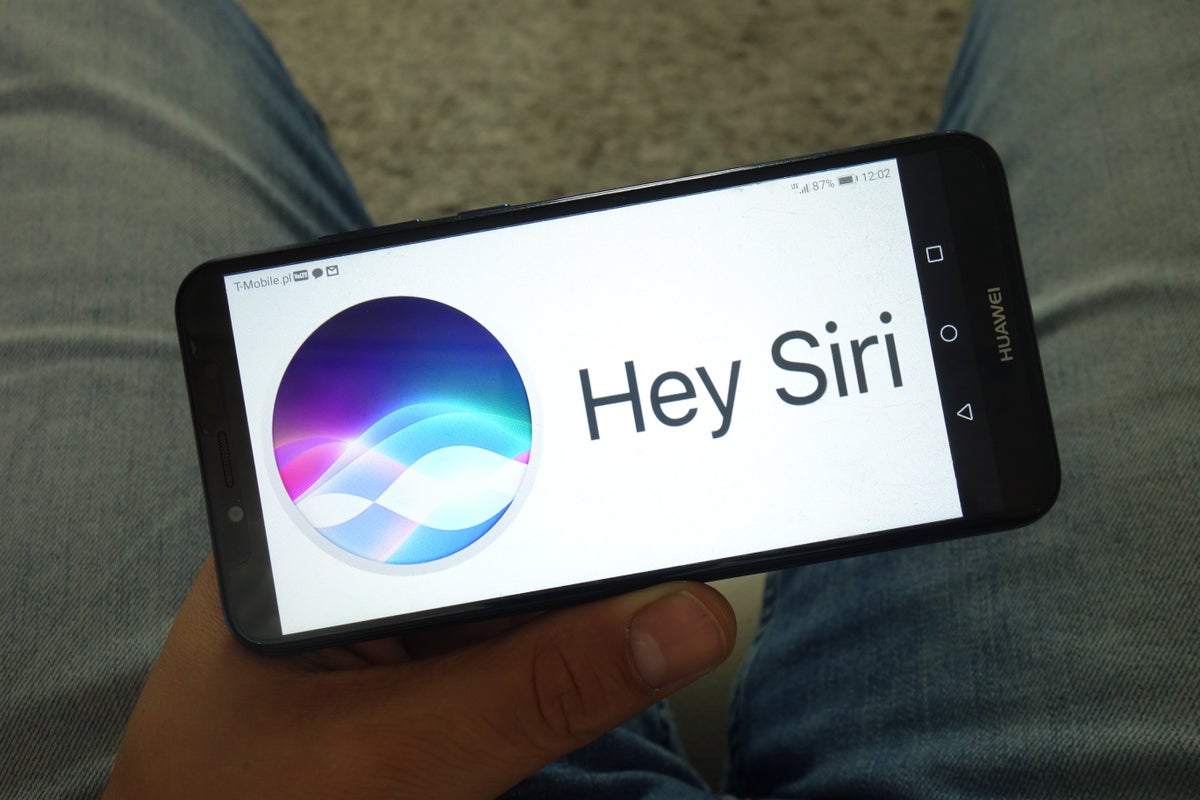[ad_1]
Apple, Inc. AAPL is working on simplifying the method of invoking its voice assistant – Siri, on its hardware products such as iPhones, iPad and Macs.
What Happened: If the efforts come to fruition, a user can just say “Siri” followed by a command instead of “Hey Siri” currently, Bloomberg columnist Mark Gurman said in his weekly “Power On” newsletter. The transition is a technical challenge and would require a significant amount of “AI training and underlying engineering work,” he added.
Cupertino has reportedly been working on the switch for several months and is currently testing it out with employees to collect necessary training data, Gurman said. The change will likely be rolled out either in 2023 or 2024, he said.
The challenge is to make Siri understand the single phrase “Siri” in multiple accents and dialects, the Apple specialist said, adding that having two words increases the likelihood of the system properly picking up the signal.
Why It’s Important: While acknowledging that Siri has improved over the years, Gurman said the system even now can often misunderstand users or take the wrong course of action on a request.
“The pace of improvements also hasn’t always kept up with the competition,” he said.
If the shift is made, Apple would be following in the footsteps of Amazon, Inc. AMZN, whose personal assistant can be invoked by simply saying “Alexa” rather than “Hey Alexa,” the Apple writer said. Incidentally, Alphabet, Inc’s GOOGL GOOG Google requires the prompt “OK Google” or “Hey Google.” The company, however, has been working to let users make follow-up requests without repeating the wake word, he added.
The removal of “Hey” in “Hey Siri,” can also speed up back-to-back requests, Gurman said.
“For me, an even better change would be Apple allowing users—by voice—to specify which device they want to trigger,” he said.
Apple closed Friday’s session 0.19% lower at $138.38, according to Benzinga Pro data.
Read Next: How to Buy Apple (AAPL) Stock
[ad_2]
Image and article originally from www.benzinga.com. Read the original article here.

